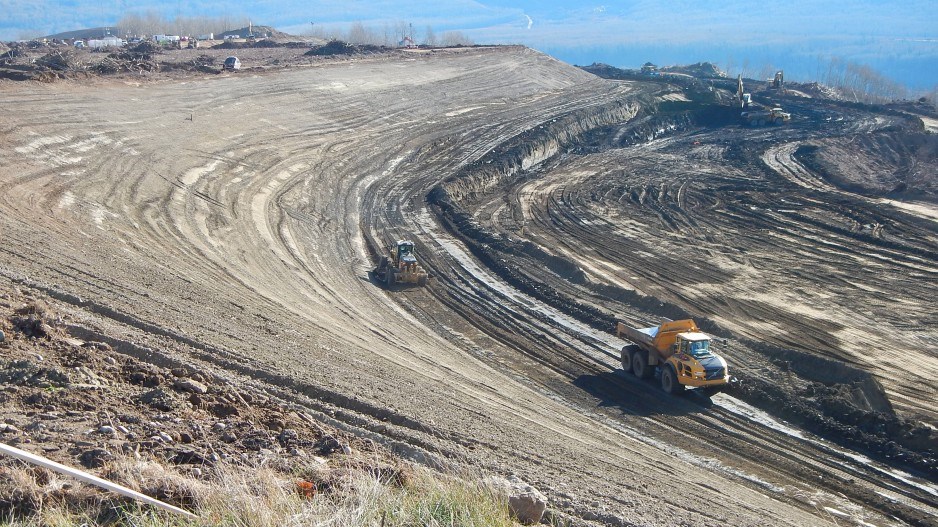BC Hydro will provide $20 million in funding to compensate farmers for the loss of agricultural land to flooding for the construction of the Site C hydroelectric dam.
The funding is being provided under the Agricultural Mitigation and Compensation Plan .
“The entirety of the $20 million compensation fund will be invested in the Peace region and funding decisions will be made by agricultural producers in the Peace region, which is very good news,” Pat Pimm, MLA for Peace River North, said in a news release.
Building the $9 billion dam will require the flooding of about 5,000 hectares of prime agricultural land in the Peace River Valley.
“It’s important to BC Hydro to have a comprehensive plan to mitigate the effects of Site C on agricultural land and landowners,” BC Hydro CEO Jessica McDonald said. “The $20 million compensation fund will increase opportunities for the agricultural industry in the Peace region, guided by local input.”
The funding announced Friday, August 12 is not intended for individual farmers, who will be compensated for expropriations. Rather, the money will go to more general agriculture enhancement initiatives – irrigation projects, for example.
A special steering committee made up of staff from BC Hydro, the Ministry of Agriculture and the Ministry of Energy and Mines will be taking feedback on the plan between now and September 26 before implementing it.
Given that the land that will be flooded is some of the best farmland in Northern B.C., no amount of money can compensate for its loss, said Ken Boon, one of the farmers who will lose land to flooding – about 180 to 200 acres.
“It’s not the volume of farmland that’s being lost, it’s the fact that it is the only very best Class 1 farmland," he said. "And it’s the only land up here where you can grow canteloupe and corn and get it to ripen every year. It’s our market garden production land, is what it is.”
“You’re doing a project that’s destroying the only best farmland in all of northern B.C. and you’re going to mitigate that with $20 million? That’s just not going to happen, no matter how much money you throw at it.”




